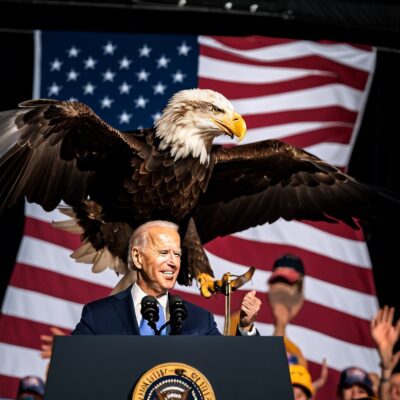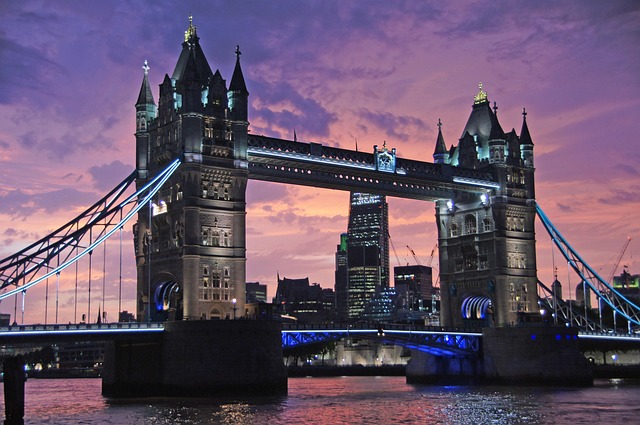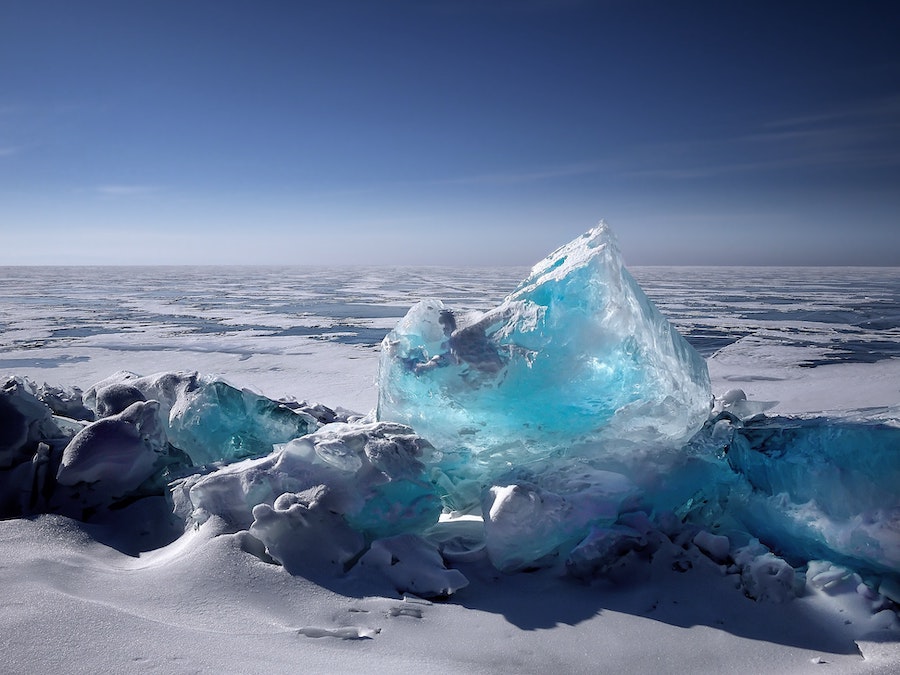 After numerous sanctions against Russia, billions in aid to Ukraine, and Western countries sending most of their arms supplies to Kiev, the war continues. And Ukraine is not making any progress, rather it is the Russians who are slowly but surely grinding down the Ukrainian army.
After numerous sanctions against Russia, billions in aid to Ukraine, and Western countries sending most of their arms supplies to Kiev, the war continues. And Ukraine is not making any progress, rather it is the Russians who are slowly but surely grinding down the Ukrainian army.
Why are we spending so many resources and energy on this war? Ukraine is not in NATO or the EU; most Western countries have no special ties to Ukraine. Yet we are pouring tax money into this country?
The most common explanation is that Putin must be stopped, otherwise he would continue to conquer other countries in Eastern or Central Europe. While we know that the Russians had a smaller army at the beginning of the war, that the attack on Kiev was too limited to succeed, and that the Ukrainians had the upper hand for a short time.
The war has encouraged the Russians to mobilise and build up a huge army. Their soldiers are well trained, new weapons such as drones and supersonic missiles are being tested and adapted to real-world conditions.
All this happened after the outbreak of the war, as a result.
How would the Russians have proceeded to the Baltics and Poland with the small army they had when the war started? It didn’t even make it to Kiev? Is this how a major power prepares to invade Europe?
So, if we rewind the tape to 2014 when the conflict really started. The US and NATO supported the Maidan coup and helped a Western-friendly president come to power. The Russians got worried and seized Crimea and its military bases, and supported the breakaway republic in the Donbas region. The Western powers built up an army in Ukraine, gave them training and modern weapons, and constructed fortifications in the east. A protracted civil war took place in the Donbas, with the West supporting the Ukrainians and the Russians supporting the breakaway republic. In 2022, Russia attacked unprovoked, and here we are.
Perhaps the Ukrainian conflict symbolises something bigger? That the battle being fought is about something other than a few breakaway republics in a previously forgotten eastern state? What is it really about?
The old Western military doctrine, originally devised by Britain, is about keeping the continent in check, not allowing any country to become too powerful to cross the channel. This combined with the fact that the vastness of Russia becomes a competitor to the trade monopoly of the West, for it links West with East, Europe with China, and everything passes through their territories, or via countries with which they have friendly relations.
The Russians can never be invited into NATO, although Putin tried a few times early in his political career. The Russians would become too powerful within the community and challenge the existing order. At the same time, China is seen as the major economic enemy of the West, while the Russians are the secondary enemy, and a partnership between these countries is not favoured. The Russians are powerful partly because of their unique geography, they connect the East with the West, and they have a strong military power and a huge nuclear arsenal.
To get at China, you first have to knock out Russia. And this can be done either through direct war, which is out of the question because of the nuclear threat, or by trying to break up the country into smaller, more manageable pieces. And this is done by the West supporting pro-Western political candidates or organisations in Russia or its neighbourhood.
Just as Russia connects Europe to Asia, Ukraine can be seen as Russia’s link to Europe. By disconnecting Ukraine from the Eastern sphere, and appointing a pro-Western president, the Russian sphere of interest is pushed eastwards. And Russia becomes more isolated from Europe and the West.
The Black Sea is also an important part of this geopolitical conflict, as this sea also connects East with West, and North with South. The risk of the Black Sea falling under Russian sovereignty is not good for a Western alliance seeking dominance. Consider the Crimean War (1853-56) and its political implications.
We can already see that the Western powers have been weakened. Russia and China should have been stopped sometime in the 1990s, but we probably never took them seriously. China certainly took over the manufacturing industry, but their products were simple and low quality, we thought at the time. And Russia was selling gas and oil, no more and no less. Since then, the West has been challenged by the BRICS trade alliance. And they keep finding more members, growing, and now have a larger share of the global economic pie. They can no longer be sanctioned, as the example of Russia has shown, they simply continue to trade among themselves and Western trade boycotts become almost ineffective. As a further effect of this, the economic role of the dollar as a world currency is weakened.
One thing I’ve been thinking about for some time is Russia’s annexation of Crimea in 2014. They took the peninsula without hesitation when there was a political shift in Ukraine, and they suspected that the West was influencing political developments. And Putin knew that the West would sanction them and exclude them from the global trading community. Was Crimea worth all this? The naval bases are great, but they could have been moved to Novorossiysk on the Russian mainland in the east. And as far as I know, there were such plans in circulation. But, no, Putin chose to challenge the West by occupying Crimea. It was an easy occupation because the inhabitants spoke Russian and were pro-Russian, but still. Did Putin already know in 2014 that the West was losing its grip? That the sanctions would be tough, but that he could handle it? Or did he just feel that the chips were down, that Crimea was part of Russia by heritage and ancient rights? Anyone who has listened to Putin’s speeches and familiarised themselves with his style knows that he is a cautious and very thoughtful leader. He does nothing rash, nothing hasty. My spontaneous and unqualified guess is that he judged that the West was in decline, and that he had a chance; it would not be easy, but it was doable. And control of the crucial Black Sea would be maintained. Putin’s chess move, of course, aroused bad blood in Washington, and it was many years before they managed to formulate a real countermove, if they ever did?
All the strange mistakes made by the Western powers during the Ukrainian conflict can be explained by the weakening and growing panic. The Russians control the trade routes between Europe and Asia, they also control the Black Sea. Their military power is growing, but so is their economy. The latter also applies to China and many of the other BRICS countries. When an empire is losing its power, panicky and strange decisions will be made. The Ukraine war did not stop the Russians and the Chinese, but rather accelerated their development. The sanctions strengthened them. The conflict improved their arms industry and combat capabilities. It gave them more friends and allies.
And last but not least. Don’t forget that Russians and Ukrainians are ultimately brothers. Where will the bitter Ukrainians turn when they realise that they have been tricked into waging an extremely bloody, unwinnable and pointless war?
*
Image is rendered with Imagine V5.







